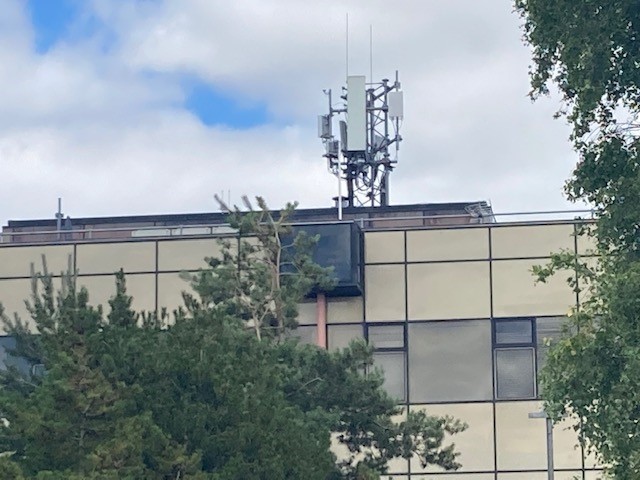BT Completes Carrier Aggregation Trial In Europe 5G First

BT and Nokia complete carrier aggregation trial combining four 5G spectrum channels for faster speeds as operators migrate to standalone 5G
BT has claimed a significant advance in the shift toward 5G standalone (SA) networks after completing a carrier aggregation (CA) trial in which it worked with Nokia to combine four spectrum channels on the live network of its EE subsidiary.
The company said it is the first operator in Europe to aggregate four carrier components in a live standalone 5G network.
Most 5G networks are currently non-standalone (NSA), meaning they run on a 4G core network, with the 4G control plane managing authorisation and calls.

Advanced features
This reduces the cost of initial 5G deployments, but the most anticipated 5G features require a standalone 5G core.
These features include low latency – required for industrial robots and self-driving cars – as well as private networks, achieved through network slicing, and support for massive internet-of-things (IoT) deployments.
A few operators have deployed standalone 5G networks, including T-Mobile in the US and several carriers in China, South Korea and Japan.
Carrier aggregation is an intermediate step toward standalone 5G, combining two or more bands, which can notably deliver higher bandwidth to users.
Commercial spectrum
BT said BT Networks worked with Nokia to combine four low-band and mid-band radio channels – 2.1GHz, 2.6 GHz, 3.4 GHz and 3.6 GHz – using Nokia’s 5G Radio Access Network technology.
The first stage was conducted at BT’s Radio Lab in Bristol, with a second outdoor stage using a radio mast at BT’s Adastral Park in Suffolk using EE’s commercial radio spectrum.
It’s the first time in Europe that a network operator has achieved this level of carrier aggregation outside of a lab, BT said.
“As we migrate to a 5G standalone core network, this technology milestone is vital to giving our customers the best experience,” said BT managing director of service platforms Greg McCall.
Deployment
BT acknowledged in February it was unlikely to be the first in Europe to deploy standalone 5G. McCall said the company is instead focused on “building the most advanced network for our customers”.
The company has previously said it’s hoping to launch standalone 5G early next year, when it believes the technology will be better supported by devices and will offer a noticeable improvement for users.